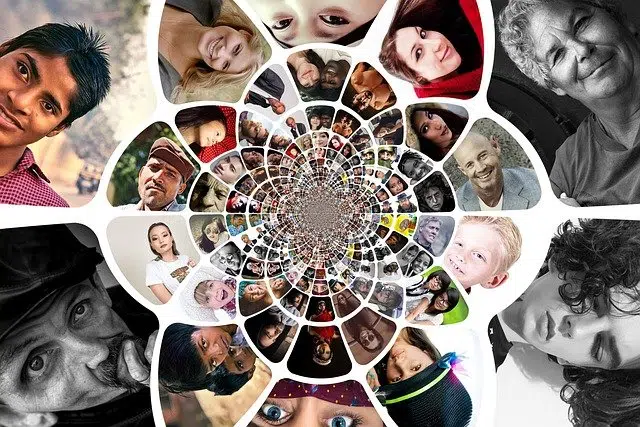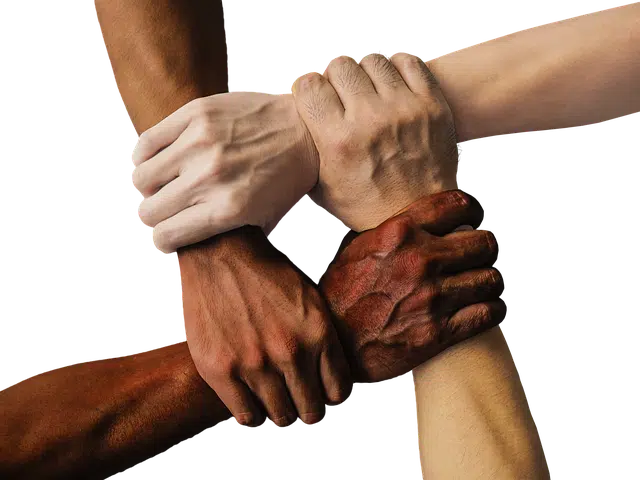
Interculturality implies a synergistic and horizontal interaction between two or more cultures.
The concept of interculturality aims to describe the interaction between two or more cultures in a horizontal and synergistic way. This means that none of the groups is above the other, a condition that favors the integration and harmonious coexistence of all individuals .
It should be noted that this type of intercultural relations involves respect for diversity; Although the development of conflicts is inevitable, they are resolved through respect, dialogue and agreement.
Origins of the concept
Although the idea of interculturality was born relatively recently, there were many researchers in communication , anthropology , sociology and marketing who have worked on the concept. The notion differs from multiculturalism and pluralism due to its direct intention to promote dialogue and rapprochement between cultures.
It must be taken into account that interculturality depends on multiple factors , such as different conceptions of culture, communication obstacles, the lack of state policies, social hierarchies and economic differences. Furthermore, depending on the perspective with which it is observed, it can be understood in one way or another.
Ways of understanding interculturality
For example, if the concept is analyzed from ethics, we can discover that the way in which it is involved in the rooting of social values is through the promotion of respect for diversity, where each person has the right to be as they wish and The same paradigm applies to groups. Ethics attempts to instill similar values to build democratic, integrated societies where harmony is the protagonist of social interaction .
If, on the other hand, the concept is looked at from a purely practical vision of social life , it can be noted that interculturality brings considerable benefits to communities , since through the exchange of a varied culture extensive benefits can be achieved for individuals and communities. groups that make up said community.
On the other hand, if we carry out the analysis from each individual, we can say that having a way of living where interculturality and integration are indisputable bastions, the possibilities that will open before our eyes will be more varied, we will allow us to come into contact with absolutely different people. to us without contradicting our own identity and being able to greatly enrich us .

Respect for diversity is essential for interculturality.
How to foster respect for diversity
There are many ways to promote interculturality in a society. First of all, the work lies in families, where children must be raised freely, without imposing strict ideas or knowledge on them , but rather inspiring them to think and lose their fear of that which is different. Secondly, projects must be developed in communities that seek to progressively eliminate prejudices and preconceptions about certain individuals or groups. Finally, integration must be promoted from the highest positions, allowing any citizen to access the same rights without prioritizing the essence of the being, their capabilities, tendencies of any kind or their place of origin.
Other ways in which the concept can be understood need to be clarified. Interpersonal interculturality occurs when individuals from different cultures come into direct contact through some electronic medium, such as the Internet , radio or television.
Stages of intercultural analysis
Furthermore, the analysis of the intercultural approach always consists of three stages: negotiation (the symbiosis required to achieve understanding and avoid confrontation), penetration (leaving one's own place to take the other's point of view) and decentralization . (a perspective of reflection).
Finally, it is worth mentioning that for interculturality to be effective, three basic attitudes must be met, such as the dynamic vision of cultures, the conviction that close ties are only possible through communication and the formation of a broad citizenship where equal rights exist.
